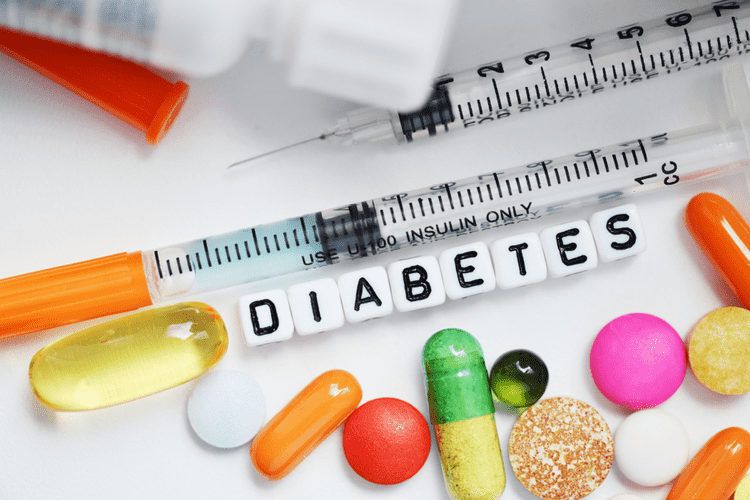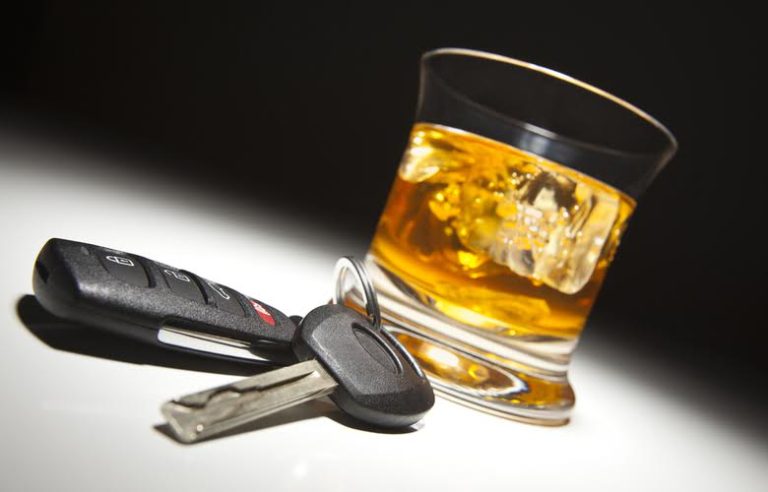Besides the negative effects of alcohol on skin and aging, drinking excessive amounts of alcohol on a regular basis has other aging effects on a person’s body. Unfortunately, it doesn’t end there as there are also negative effects of alcohol on skin and aging regarding dehydration. The dehydration that results from drinking alcohol can lead to many negative effects on the skin, including dryness, wrinkles, and sagging skin. Research has shown that individuals who consume alcohol heavily often exhibit https://ecosoberhouse.com/ more pronounced signs of facial aging, including deeper lines and sagging skin. For instance, a study found that women who drank eight or more alcoholic beverages weekly appeared older than their non-drinking counterparts. Overall, 1,166 women (35.7%) were current or former smokers (Appendix 1), mostly of cigarettes (1,144/1,166; 98.1%).
The categorisation of skin colour and the corresponding associations with skin aging differed between studies (Supplementary Dataset). Nonetheless, there appears to be a general male predisposition to increase likelihood of skin aging manifestation. While the pathophysiology is unclear, the role of sex hormones has been implicated and reviewed elsewhere40. Additionally, menopausal status and hormone replacement therapy (HRT) use, both factors which interact with increased age and female gender, may influence skin aging manifestation. Pooled associations with HRT use was obtained for lentigines (pOR 1.49, 95% CI 0.59, 3.78) and wrinkling (pOR 0.47, 95% CI 0.17, 1.34) (see Fig. 4). Notably, although the protective effect of HRT on wrinkling was previously reported25,35, the pooled association for wrinkling and HRT use was non-significant.
Data Availability Statement
Finally, it is essential to visit a medical professional so that tests can be run to examine certain organs and systems. For example, if a person experiences hair loss for a thyroid problem caused by drinking, this issue may be resolved when alcohol abuse ends. High levels of insulin contribute to aging effects because they prevent collagen production and increase collagen breakdown in the skin, which would normally occur at a slower rate than this spike in insulin levels. The effects of high insulin levels on the skin are visible first on the face, neck, and body.
It is crucial to strike a balance and prioritise hydration to maintain optimal skin health. MMPs are a family of enzymes responsible for degrading extracellular matrix proteins, such as collagen and elastin. They play a crucial role in tissue remodeling and wound healing; however, they also contribute to skin aging and wrinkle formation Substance abuse 37. UV radiation upregulates MMP expression in the skin, leading to increased collagen degradation and impaired skin structure.
You Can Drink, But …
Skin dryness and texture changes are common features of aging skin, resulting from both extrinsic and intrinsic factors. Intrinsic factors, such as reduced sebum production and compromised skin barrier function, lead to dryness and rough texture. With age, a decrease in lipid content leads to increased transepidermal water loss and diminished moisture retention. Extrinsic factors, including low humidity, harsh weather conditions, and exposure to irritants, further exacerbate dryness and compromise skin texture. Additionally, cumulative UV damage and inflammation disrupt skin cell turnover, leading to a rough, uneven complexion 6, 22, 43. Skincare products containing retinoids, antioxidants, peptides, and sunscreens protect against environmental damage, promote collagen production, and improve skin texture and hydration 23.
Psoriasis
Usually, alcohol makes a person toss and turn during the night. Without being able to enjoy deep sleep, which is known to restore health, a person will look and feel much older than his or her actual age. People older than 65 who don’t take any medications should average no more than one drink a day (seven per week) and have no more than three at one sitting. (A drink is one 12-ounce can or bottle of beer, one 5-ounce glass of wine, or one 1.5-ounce shot of an 80-proof or less liquor.) Talk with your doctor to find out what’s right for you. The idea of having a drink to relax before bedtime may not be a good one, especially as you get older.
Alcohol weakens the immune system, making it harder for the body to fight off infections and diseases, including cancer. Regular exposure to sun without proper protection while drinking outdoors can further elevate this risk. Excessive alcohol consumption can lead to various skin issues over time. Chronic alcohol use affects hydration and elasticity in the skin.
Alcohol Causes Oxidative Stress
Our multidisciplinary approach prioritizes physical, mental, and emotional well-being for comprehensive results. While moderation is less harmful, even moderate alcohol consumption can have adverse effects on the skin, especially over time. It’s not an exaggeration to refer to alcohol as a “skin enemy” considering its significant role in dehydrating the skin, inducing inflammation, and contributing to collagen and elastin breakdown.

When you drink alcohol, the ethanol is absorbed into your bloodstream and then circulated throughout your body. For example, when it comes to the effects does alcohol make you look older of alcohol on the skin, ethanol can cause dehydration. This is because ethanol competes with water for absorption into the cells, and when there is more ethanol present, less water is available to the cells. As you age, the body’s mechanisms that protect you from free radicals diminish. Therefore, you’re at a greater risk of developing a wide range of health problems, including the neurodegenerative conditions that affect your cognition and memory.

- Additionally, alcohol can cause flushing, a condition characterised by the dilation of blood vessels under the skin, resulting in a flushed or inflamed complexion.
- So whenever you hear people talking about wines effects on skin aging, or even beer effects on skin, your ears should prick up!
Recognizing symptoms like jaundice, spider angiomas, or persistent itching allows for timely medical intervention. Seeking help for addiction may feel daunting or even scary, but several organizations can provide support. A person can also reach out to trusted friends or family members. They may be able to provide emotional support or help find solutions.
Renaissance Recovery
Alcohol can affect the tone of the skin, but this only really occurs when the liver has been significantly damaged due to excessive consumption. Conditions such as hepatitis or cirrhosis can lead to a yellowing of the skin; a condition known as jaundice, commonly occurring in newborn babies. More than this, alcohol is a carcinogen that has been linked to numerous cancers, but one of the biggest risks it poses is to that of the breast tissue. According to the WHO, in 2020 more than 2 million new cases of breast cancer were reported, and of these about 100,000 could be attributed to excessive alcohol consumption. So whenever you hear people talking about wines effects on skin aging, or even beer effects on skin, your ears should prick up!
Skin Appearance
Research shows that immune cells cannot properly regulate alcohol-induced inflammation that damages the protective barrier in our intestines. This makes it easier for bacteria and toxins to slip into the bloodstream and travel to the liver and brain. The alcohol-induced impairment of intestinal barrier integrity and increased systemic inflammation mirrors inflammatory aging in older adults.